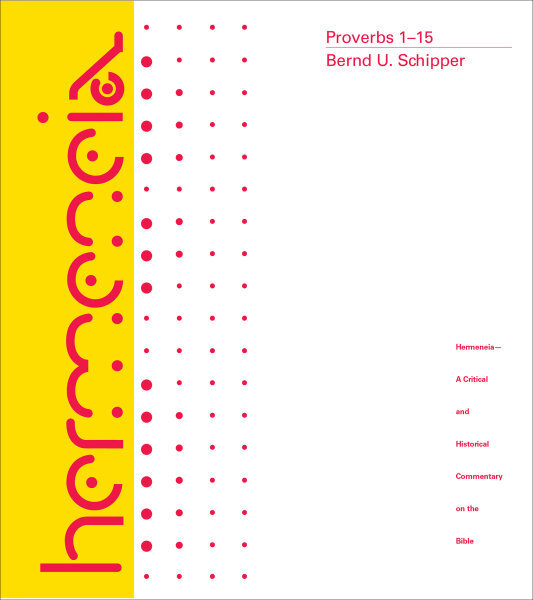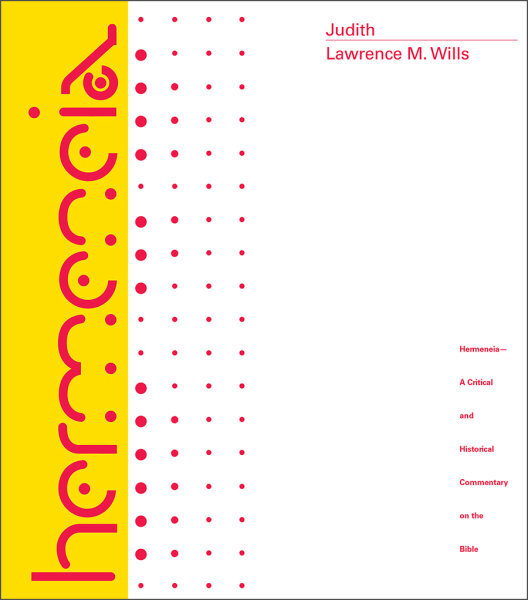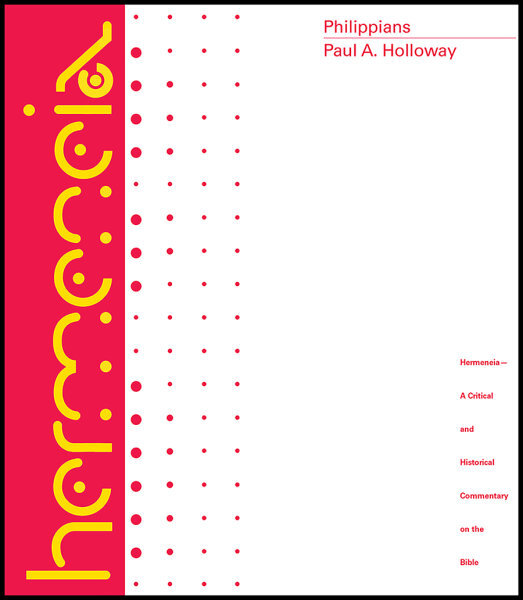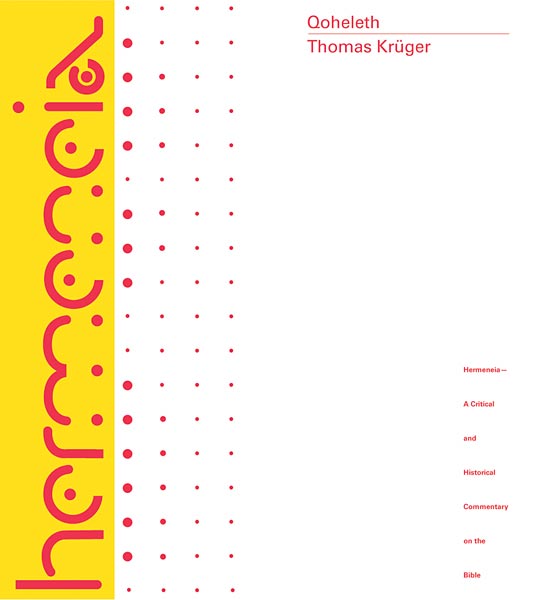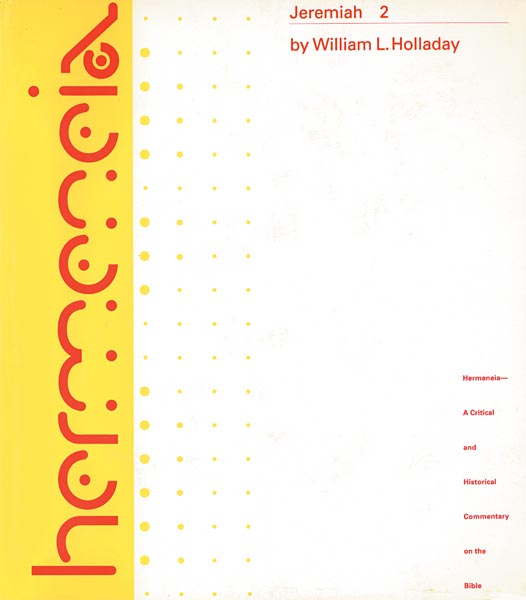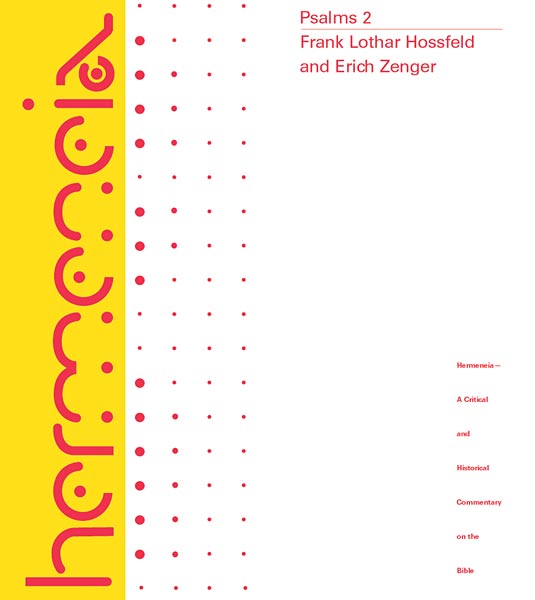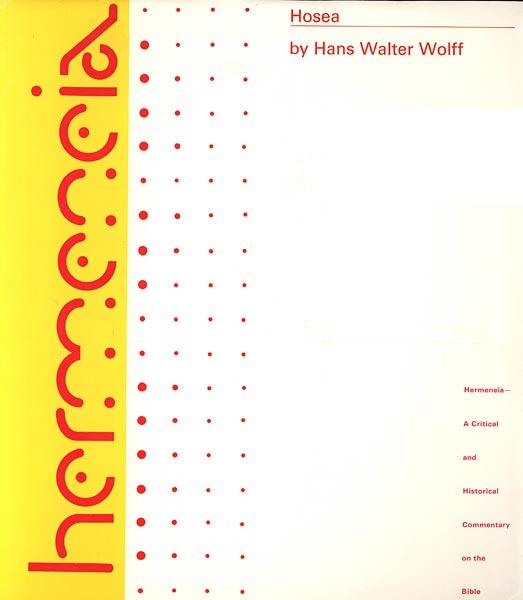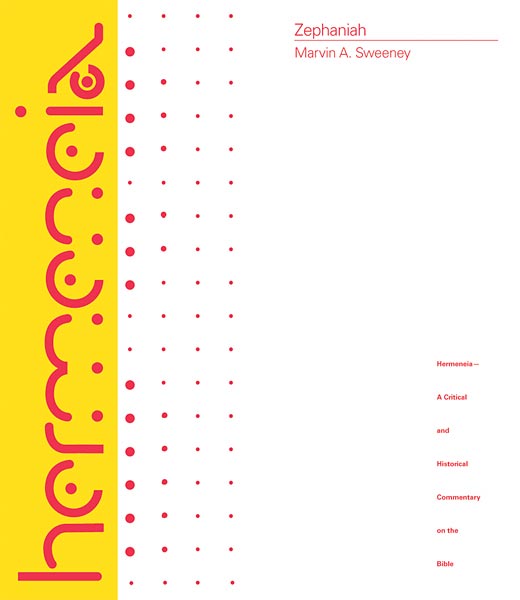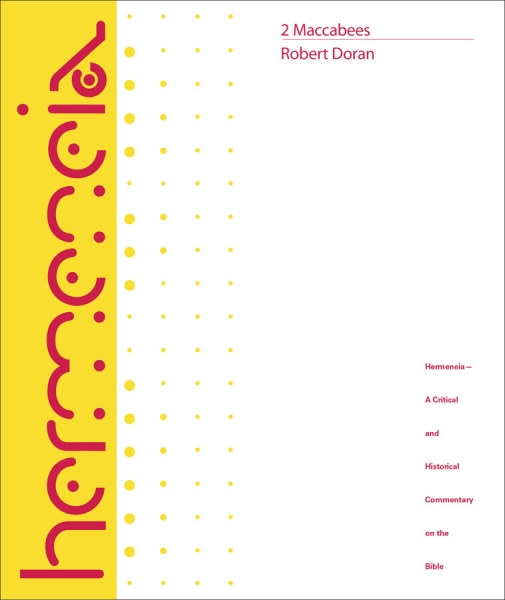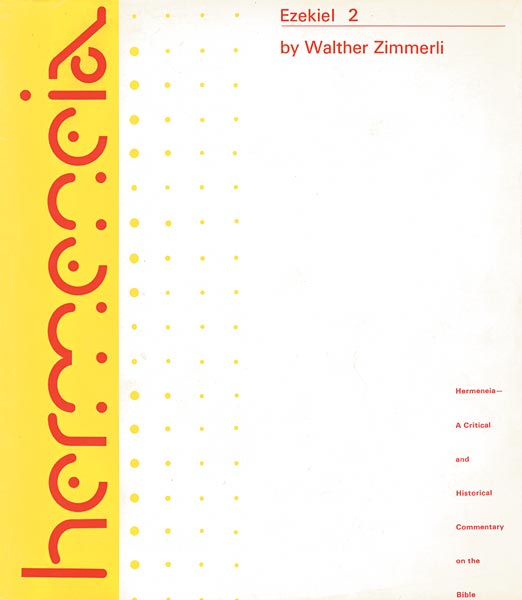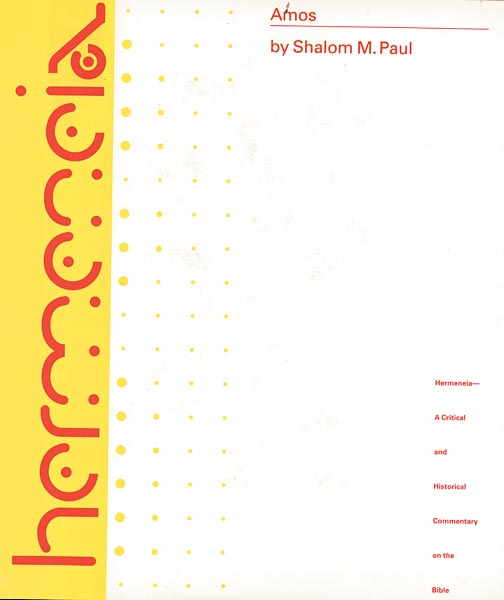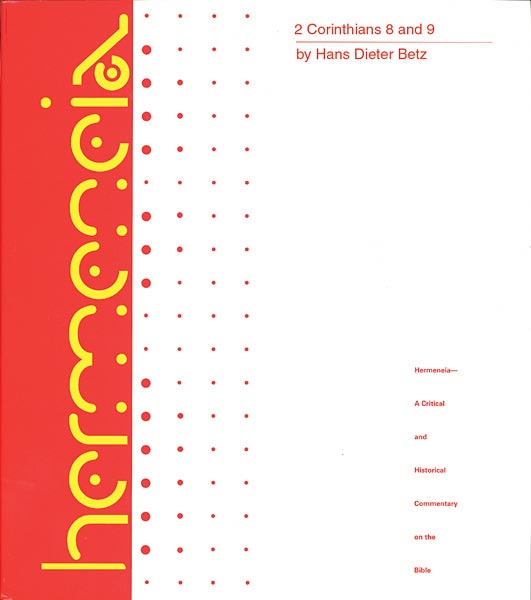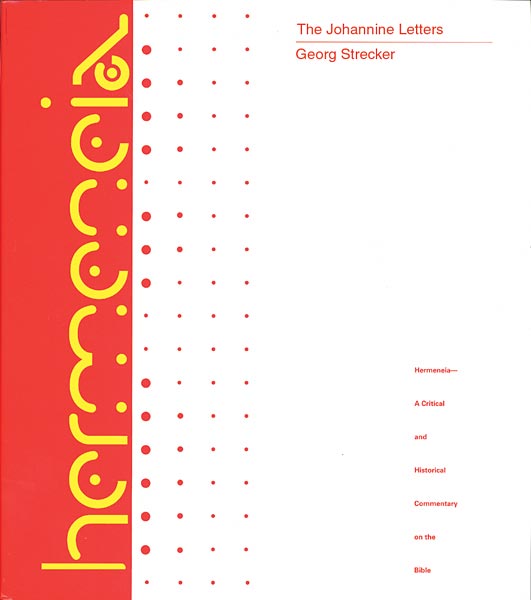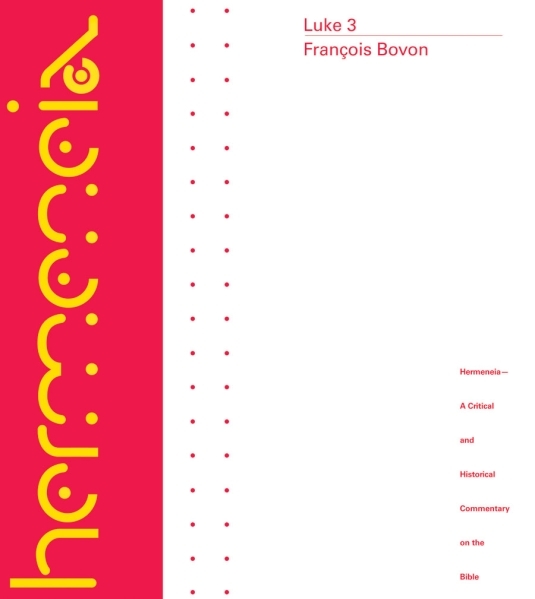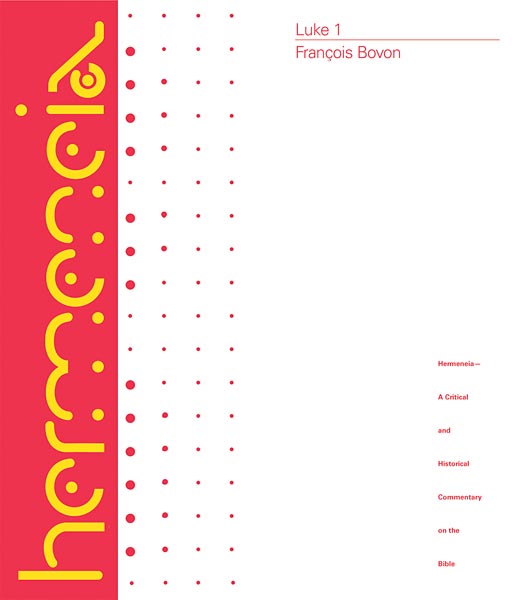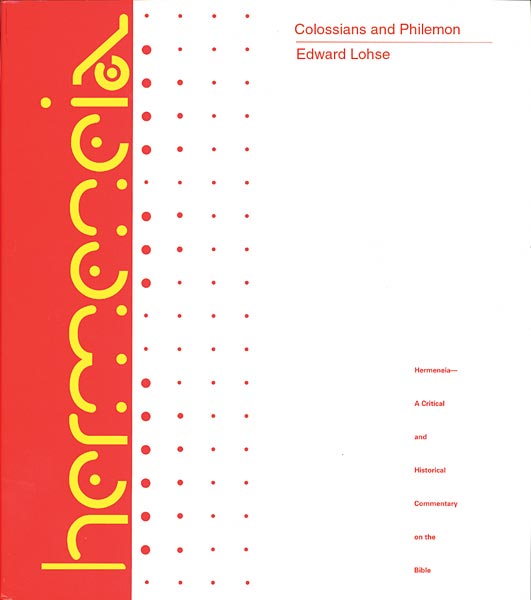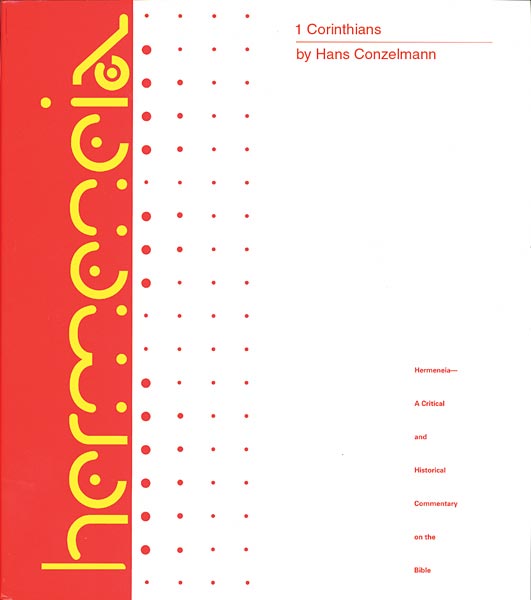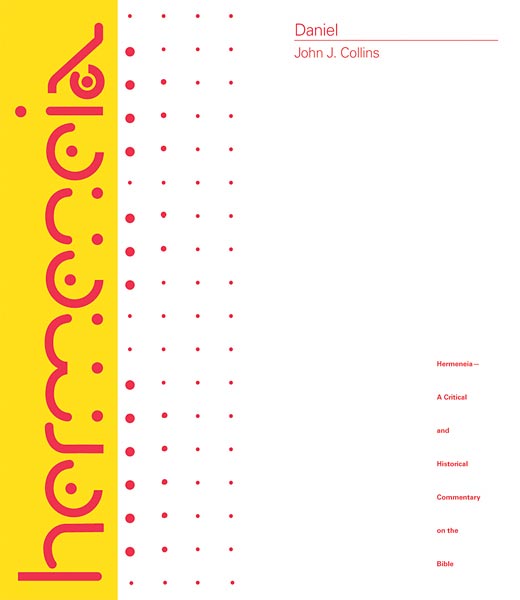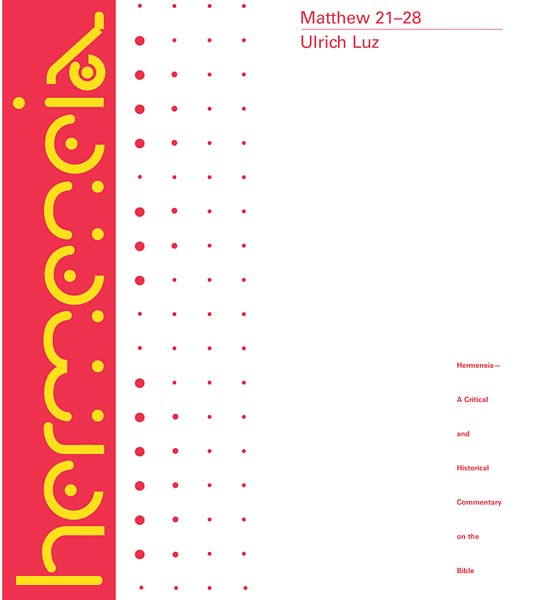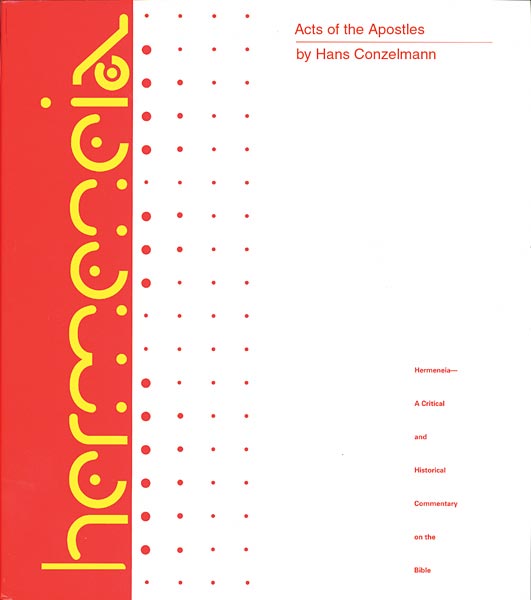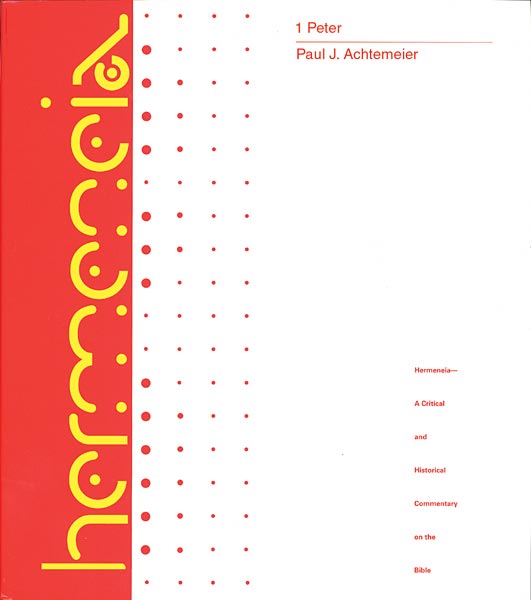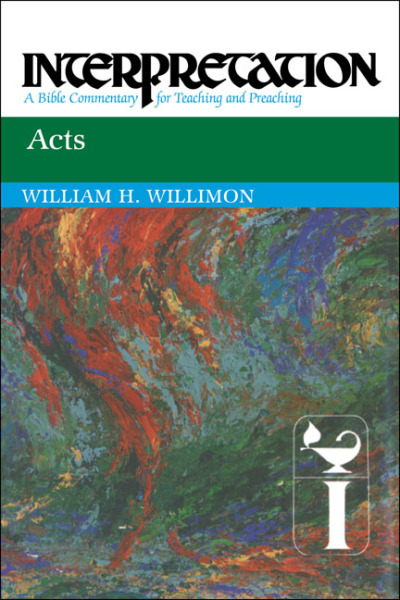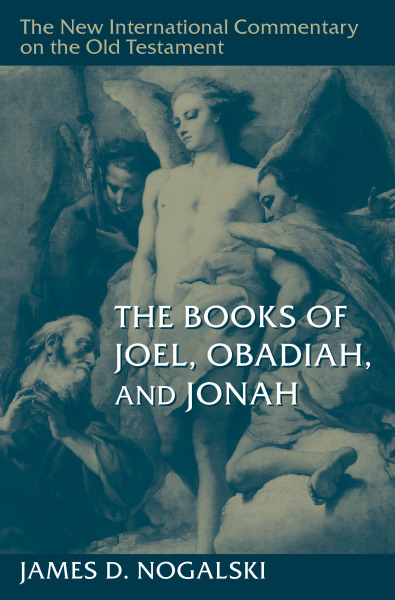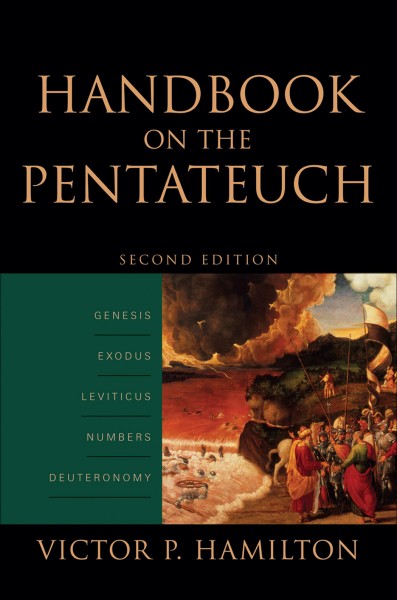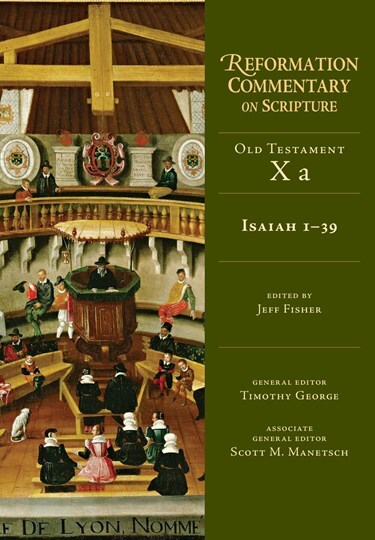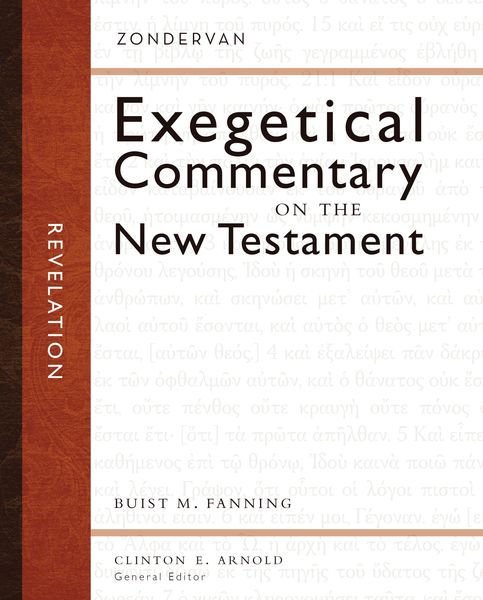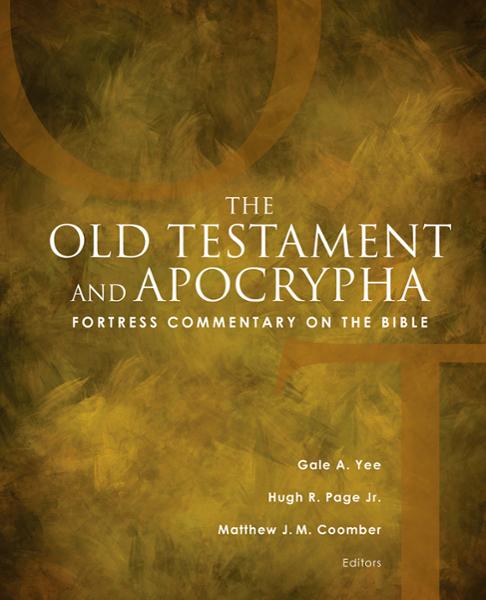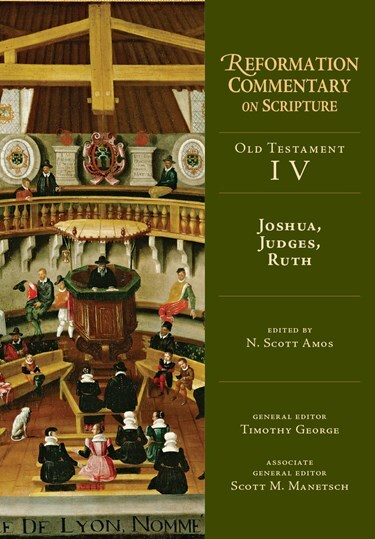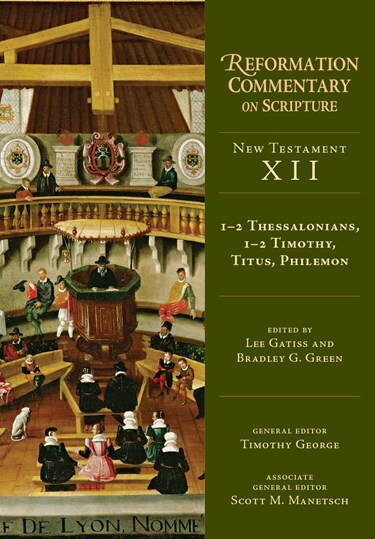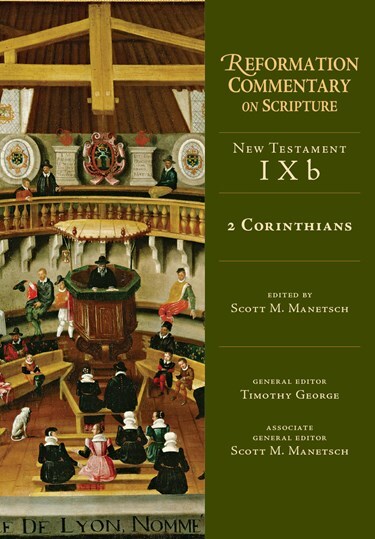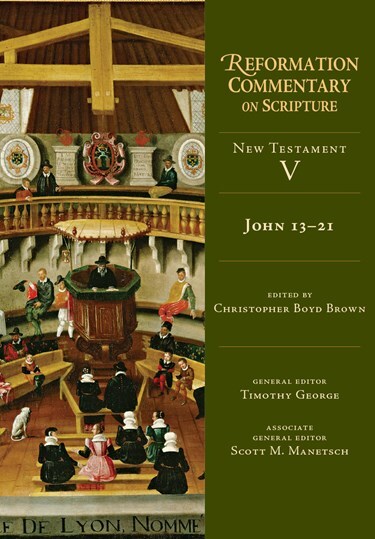

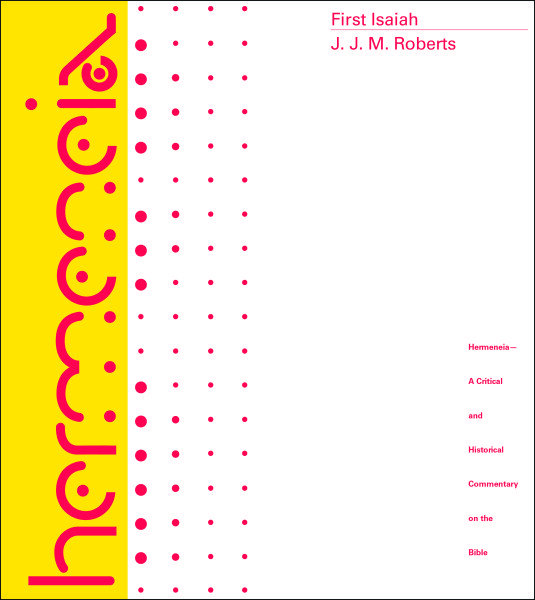
Hermeneia: First Isaiah (HERM)

Hermeneia: First Isaiah (HERM)
The eighth-century BCE Isaiah of Jerusalem, the so-called First Isaiah, is one of the most important theological voices in the Bible. J. J. M. Roberts takes a classical historical-critical approach to his interpretation of this material, making good use of his broad comparative knowledge of ancient Near Eastern historical and religious sources.
In light of Isaiah’s very long prophetic ministry of at least thirty-eight years, and perhaps as long as fifty-three years, Roberts also suggests Isaiah often reedited older oracles from early in his ministry to address new, though somewhat analogous situations, albeit with different players, later in his ministry, without erasing telltale signs of the material’s earlier origin.
In many cases, this suggestion provides a better explanation for glaring inconsistencies in an apparently connected text than the common fragmentation of the text that attributes such inconsistencies to later editors who either misunderstood or intentionally altered Isaiah’s message for their own purposes.
Hermeneia is designed for the serious student of the Bible. It makes full use of ancient Semitic and classical languages; at the same time, English translations of all comparative materials—Greek, Latin, Canaanite, or Akkadian—are supplied alongside the citation of the source in its original language. Insofar as possible, the aim is to provide the student or scholar with full critical discussion of each problem of interpretation and with the primary data upon which the discussion is based.
The editors of Hermeneia impose no systematic-theological perspective upon the series (directly, or indirectly by selection of authors). Its authors lay bare the ancient meaning of a biblical work or pericope. In this way the text's human relevance should become transparent, as is always the case in competent historical discourse. However, the series eschews for itself homiletical translation of the Bible.

